Faster, Higher, Stronger, Swisser!
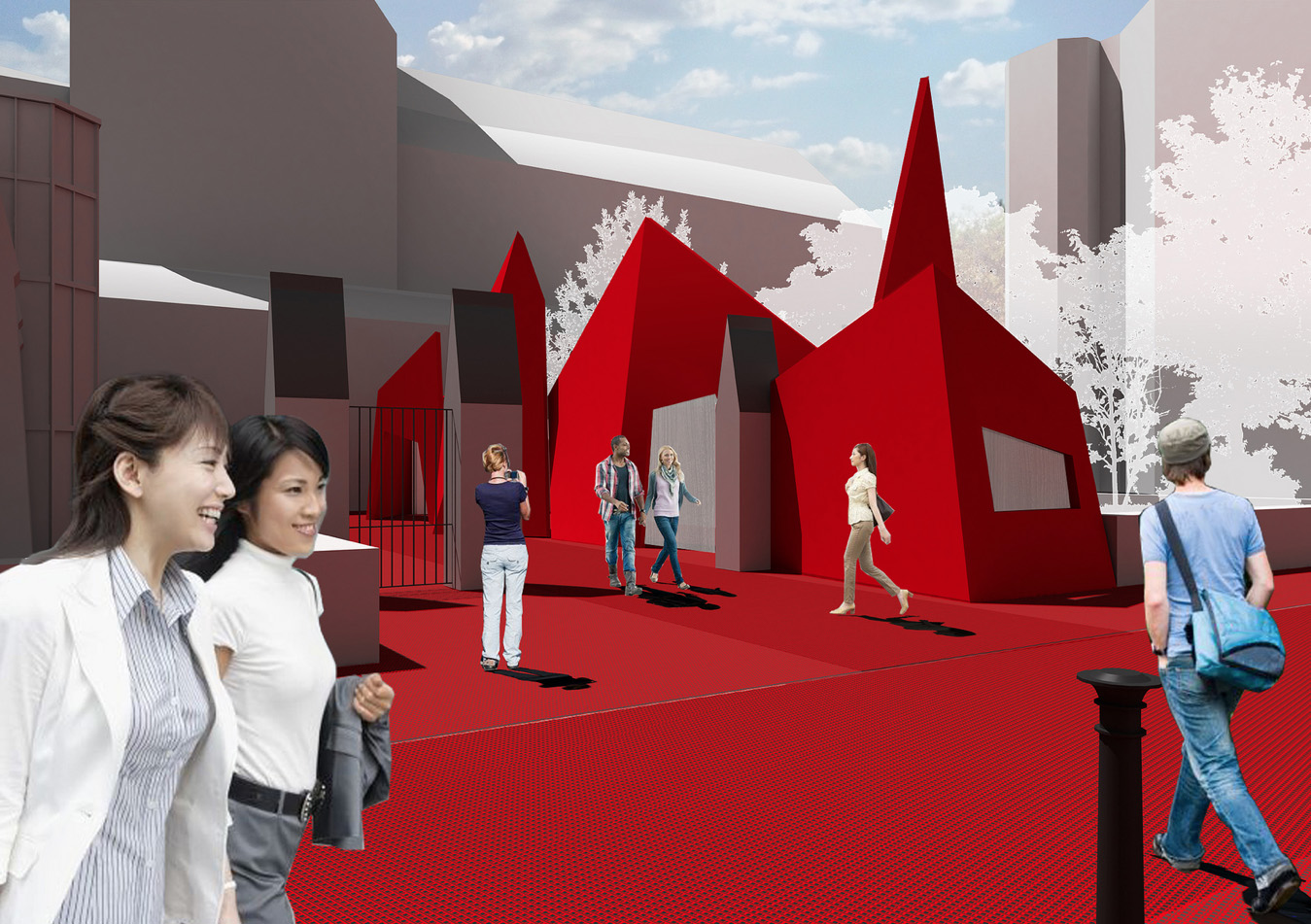
The Olympic Games begin in London at the end of July and the House of Switzerland, a cultural centre set up in the capital to push all things Swiss, is hoping to attract 250,000 people.
The Swiss have taken over Glaziers Hall, a historic guild house on the South Bank next to London Bridge, where Diccon Bewes, the British-born Bern-based author of bestseller Swiss Watching (see related story), will be for the entire fortnight.
Far from just standing outside dressed as a piece of Emmental and holding a giant arrow, Bewes tells swissinfo.ch how he will be giving talks and readings and trying to get as many people interested in Switzerland as possible.
The House, which cost SFr4.5 million ($4.75 million), opens on July 20, a week before the Olympic opening ceremony, but the official pre-opening launch is taking place on Tuesday.
swissinfo.ch: What will you be doing?
Diccon Bewes: I’m going to be an unofficial cultural ambassador, let’s put it like that. Every Olympic city since 1998 has had a House of Switzerland – winter and summer Games, so every two years – and they make it into a Swiss cultural centre.
I’m going to be trying to get people to learn a bit more about Switzerland and get them involved in the country, so there’ll be lots of talks and presentations. I’ll be writing a daily newsletter, blogging, Facebook, Twitter, radio interviews – media in every sense.
swissinfo.ch: Why you?
D.B.: Partly because of Swiss Watching and my blog. I didn’t know about the House of Switzerland before about last year, but I noticed they were following me on Twitter. I looked at their website and discovered it was this Swiss cultural centre during the Olympics run by Presence Switzerland, which is part of the Swiss foreign ministry here in Bern.
So I sent them an email and asked whether they would consider doing a book event as part of their cultural programme. They wrote back straight away saying they loved the book and blog, and after a series of meetings they decided they wanted me there for the whole 24 days to do lots of different things.
swissinfo.ch: So it’s a national promotion exercise?
D.B.: Yes. Other countries – such as Russia and France – have their own Houses in London for the Olympics but the House of Switzerland is almost exactly the opposite: it’s maybe ten per cent for the athletes – there’s an athletes’ lounge and Swiss radio and television studios for live broadcasts and areas for corporate events for the sponsors – but most of it is public space.
There’s an open-air stage for concerts, there’s an outdoor big screen to watch the Olympics and to watch Swiss films in the evenings. There’s a place you can eat fondue and Rösti and raclette. There’s a videogame lounge with lots of Swiss videogames – they’ve made Heidi into a videogame, running through Switzerland collecting coins, about like Super Mario!
But in the other Houses there’s about ten per cent for the public and most of it is for the Olympic team. Switzerland has always been very public-oriented.
swissinfo.ch: The Athletes’ Village is several miles away out east – are you expecting a few athletes to pop in? Roger Federer?
D.B.: Well, although the Athletes’ Village is beside the Olympic Stadium [in Stratford, east London], not all the athletes will be staying there – I guess Federer will be renting somewhere like he does during Wimbledon.
The House of Switzerland is their official home, so they can go there and chill out with other athletes. It’s also where the Swiss media can have access to them. If any Swiss athlete wins a medal, as well as the official ceremony in whichever stadium there’s also a medal ceremony in the square at the House of Switzerland. It’s an informal community centre for the athletes.
The reason they wanted something in central London, not beside the Athletes’ Village, is not only so the public can come in and out whenever they want, but also because the athletics is out in Stratford, the tennis is at Wimbledon [southwest London], the football’s at Wembley [northwest London], the rowing’s at Henley [50km west of London], the gymnastics is at the Dome [southeast London] – it’s all spread around London.
swissinfo.ch: Is the House of Switzerland targeting the passing punter in the street or businesses?
D.B.: Everyone really. House of Switzerland is targeting the public in the sense of hoping to get them to taste some raclette, visit the Lindt shop or climb the Eiger on the rock-climbing wall – just getting people involved. As part of that, I’m organising a treasure hunt which will involve Swiss locations around London.
The mission of the House of Switzerland is very public fronted, but behind that, Swiss Tourism and some of the partners will have corporate events inside the House where they can get businesses more interested in trade with Switzerland.
So it does have a serious side, like any trade mission. When the Queen goes to Saudi Arabia, for example, obviously she goes and has all the pomp and ceremony, but behind it is the British trade and industry department trying to drum up business.
swissinfo.ch: Most Londoners I know are planning a holiday far, far away during the Games. Are you into the Olympics in general?
D.B.: A little bit. I mean I wasn’t planning on going before this came along – mainly because it’s going to be expensive – and unless you’re lucky enough to get tickets, really you might as well watch it on television.
I do kind of watch the Olympics when it’s on, but not avidly – I don’t end up watching fencing at 3am – but I’m looking forward to seeing London hopefully at its best, putting on a show.
The history of the House of Switzerland dates back to 1998, when the inaugural venue opened its doors at the Winter Olympic Games in Nagano, Japan.
Swiss athletes, the official delegations, as well as fans met in the House of Switzerland and enjoyed their common enthusiasm for sports.
Since then, the House of Switzerland has developed from a regulars’ table to a comprehensive platform for Switzerland’s communication abroad.
Today, the House of Switzerland is known as:
– the official Swiss guest house at the Olympic summer and winter Games
– a rendezvous place for the Swiss Olympic Team
– a well-established brand at the Olympic Games
– a marketing and event platform for the Swiss economy, tourism and culture, as well as innovation industry.
The House of Switzerland is one of the few national guest centres at the Olympic Games open to the public, and is intended for a wide local and international audience.
It was conceived as a public-private partnership project and is designed to facilitate close collaboration between official partners and sponsors from the Swiss private sector.
Diccon Bewes grew up in Hampshire. A degree in International Relations from the London School of Economics and an 18-month world trip set him up for a career in travel writing, though he took the scenic route via bookselling.
After ten years at Lonely Planet and Holiday Which? magazine, he decamped to Switzerland, where until recently he was manager of the Stauffacher English Bookshop in Bern.
He is now a full-time writer, occasional radio guest, member of the swissinfo Public Council and permanent expat.
His first book, Swiss Watching, was a bestseller and Financial Times Book of the Year. Its German translation Der Schweizversteher is also available and his new book, Swisscellany, will be published in July.

In compliance with the JTI standards
More: SWI swissinfo.ch certified by the Journalism Trust Initiative

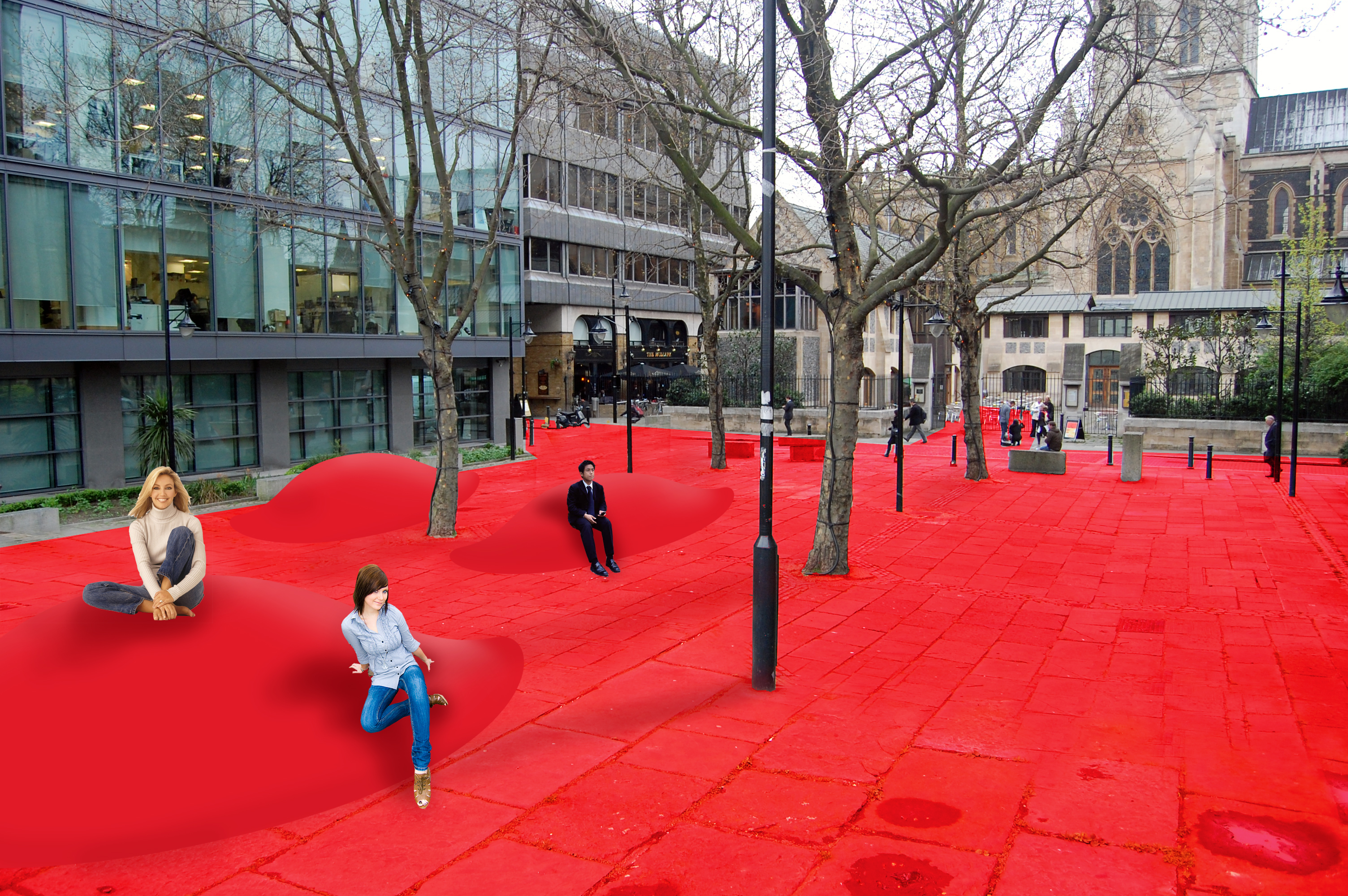
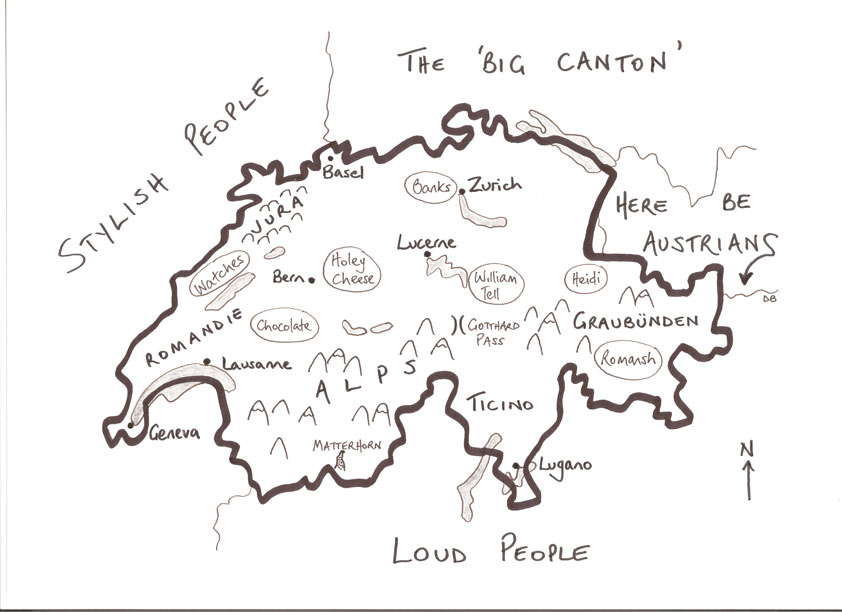
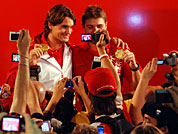
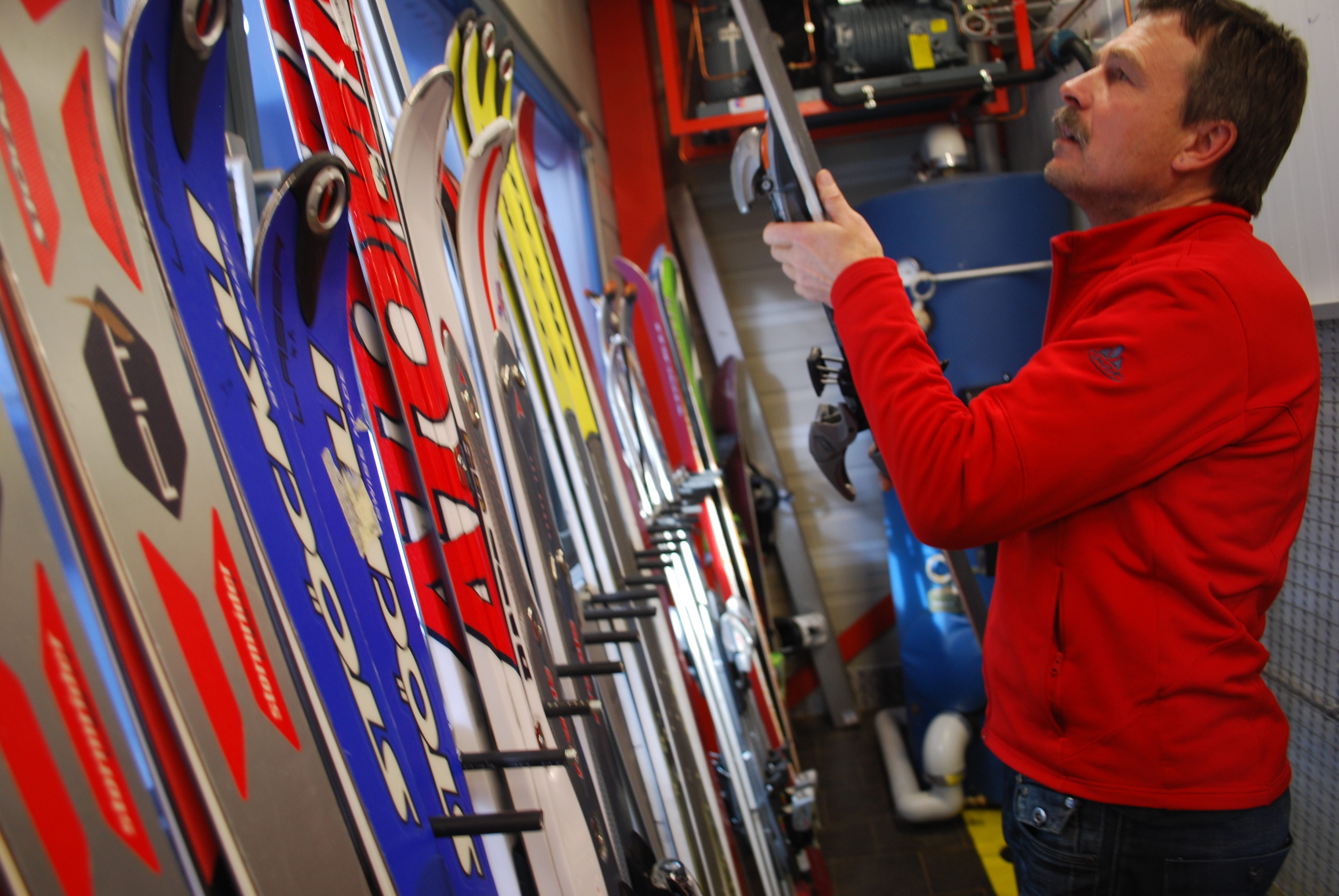
You can find an overview of ongoing debates with our journalists here. Please join us!
If you want to start a conversation about a topic raised in this article or want to report factual errors, email us at english@swissinfo.ch.